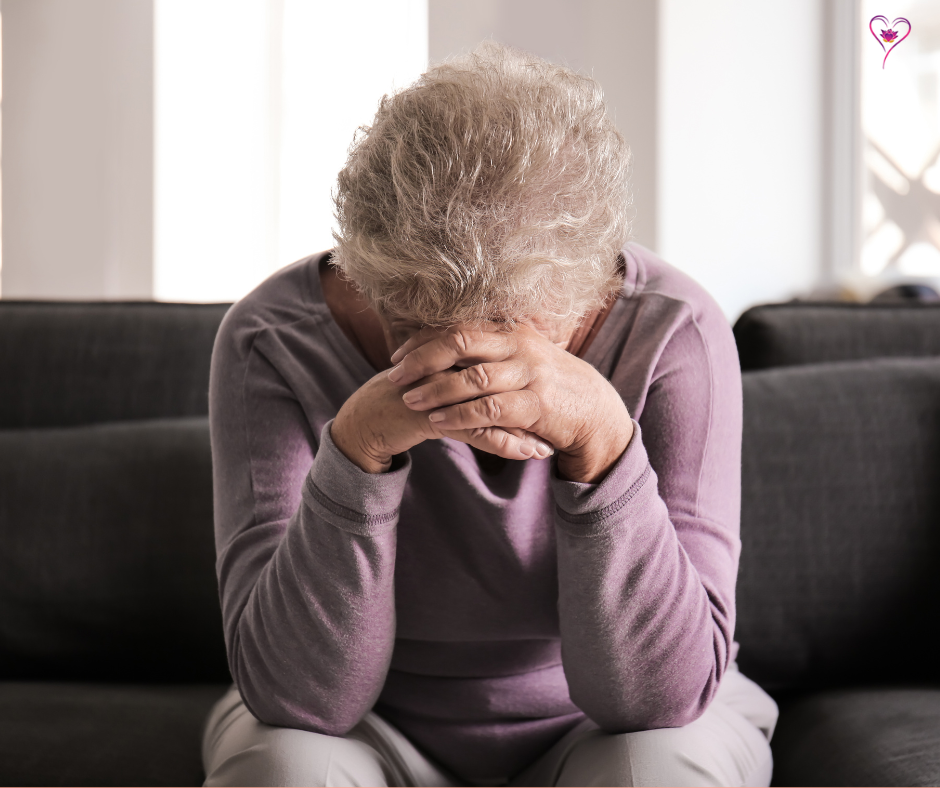5 Reasons Crying is Good for You
5 reasons crying is good for you, so go ahead and have a good cry!
Research has proven what many caregivers have already figured out on their own: sometimes there’s nothing like a good cry to make you feel better. While society often considers shedding tears to be a sign of weakness, crying is actually a cathartic experience and highly evolved behavior.
Neuroscientist William H. Frey II, Ph.D., author of “Crying: The Mystery of Tears” and research director of the Center for Memory and Aging at the HealthPartners Institute in St. Paul, Minnesota, has spent decades studying crying and tears.
According to Frey, “Crying is not only a human response to sorrow and frustration, it’s also a healthy one.” It is a natural way to reduce stress that, if left unchecked, can have negative physical effects on the body, including increased risk of cardiovascular disease and other stress-related disorders. In addition to the physical benefits, research shows that 85 percent of women and 73 percent of men feel less sad and angry after shedding some tears.
So why is crying good for you… It Relieves Stress
Chronic stress can increase the risk of heart attack, damage certain areas of the brain, contribute to digestive issues like ulcers, and cause tension headaches and migraines, among other health issues. “Humans’ ability to cry has survival value,” Frey emphasizes. When it comes to stress reduction techniques for family caregivers, crying may not be as effective as something like respite care, but in dire circumstances a good cry can provide a temporary release.
Crying Lowers Blood Pressure
Crying has been found to lower blood pressure and pulse rate immediately following therapy sessions during which patients cried and vented. High blood pressure can damage the heart and blood vessels and contribute to stroke, heart failure and even dementia.
Tears Remove Toxins
In addition, Frey says crying removes toxins from the body. Tears help humans eliminate stress hormones like cortisol that build up during times of emotional turmoil and can wreak havoc on the body. Crying is both a physical and emotional release that helps humans start over with a blank slate.
It Reduces Manganese
The simple act of crying also reduces the body’s manganese level, a mineral which affects mood and is found in significantly greater concentrations in tears than in blood serum. Elevated manganese levels can be associated with anxiety, irritability and aggression.
Embrace Your Emotions and Humanity
All mammals produce tears to moisten their eyes, but humans are the only ones that shed tears in response to emotional stress. Crying helps us acknowledge the feelings we’re experiencing, and emotions motivate us to empathize, coordinate and work together to survive. In fact, crying serves an important social function. It communicates the strength and nature of relationships, elicits sympathy and even assistance, and draws individuals closer to one another.
The next time you’re feeling overwhelmed and fighting back tears, do yourself a favor and keep these points in mind. Finding a quiet place to decompress or a supportive shoulder to cry on might be exactly what you need.
Thank you to Marlo Sollitto and AgingCare.com for some great advice.






